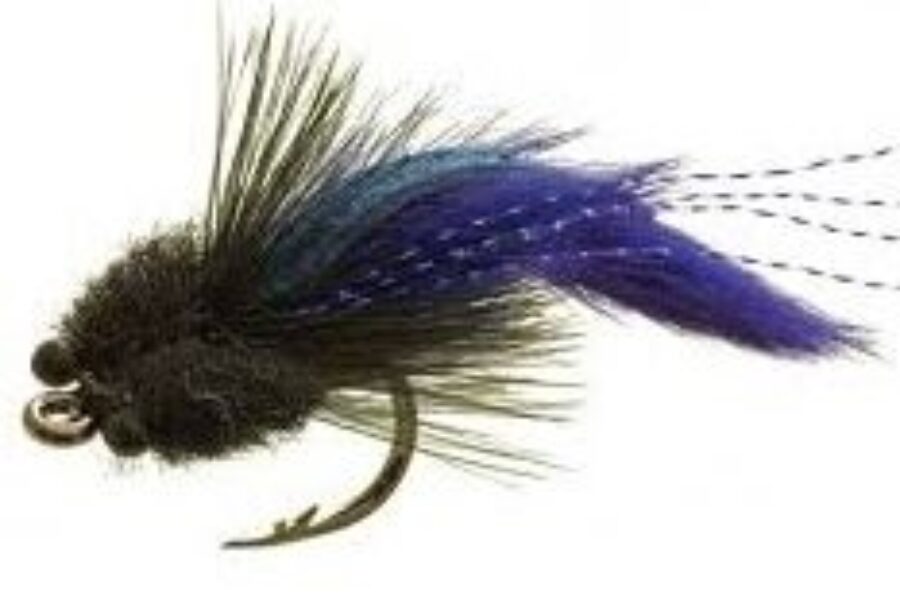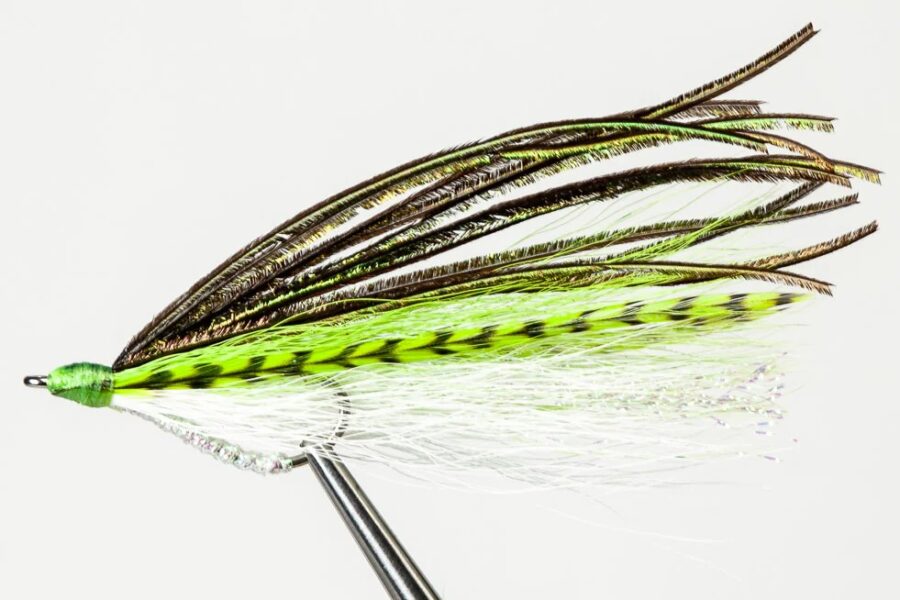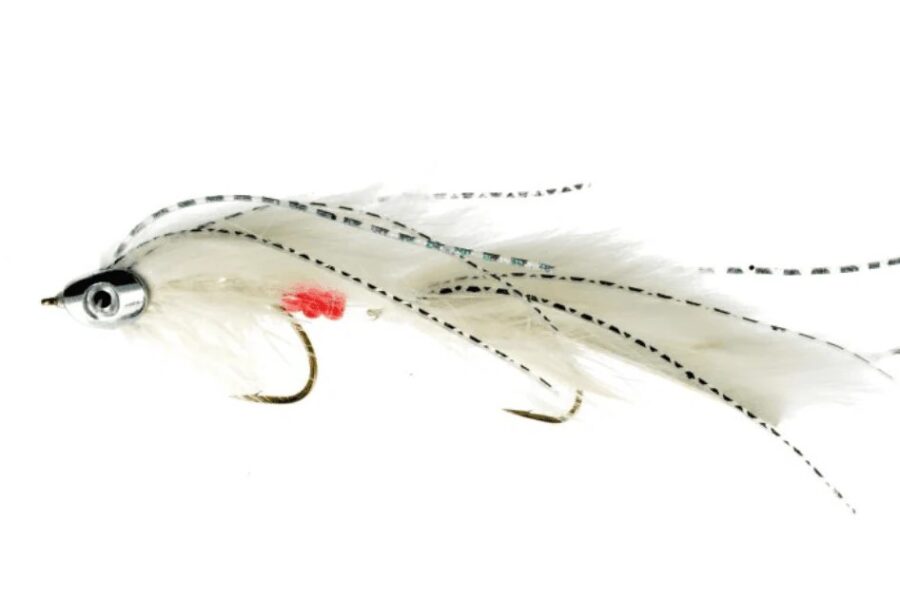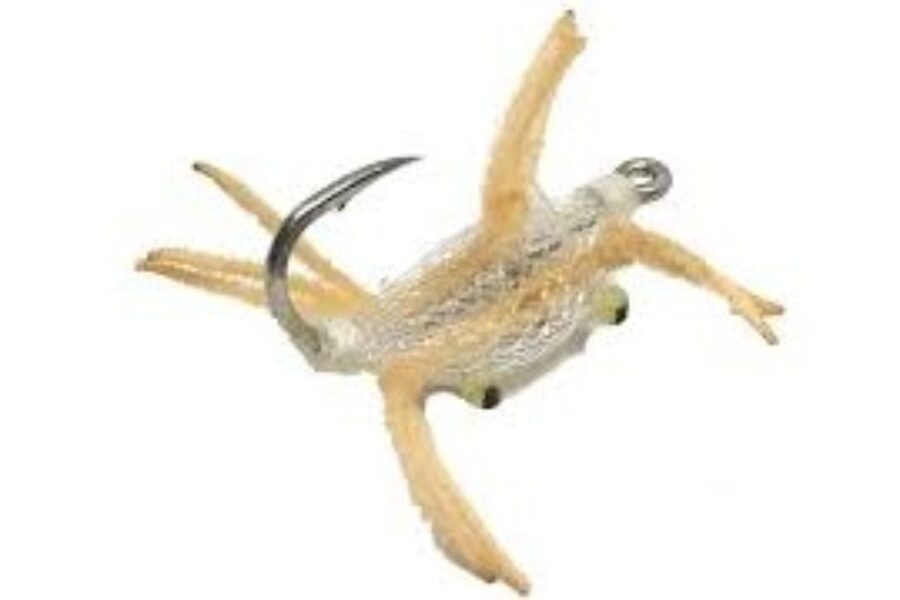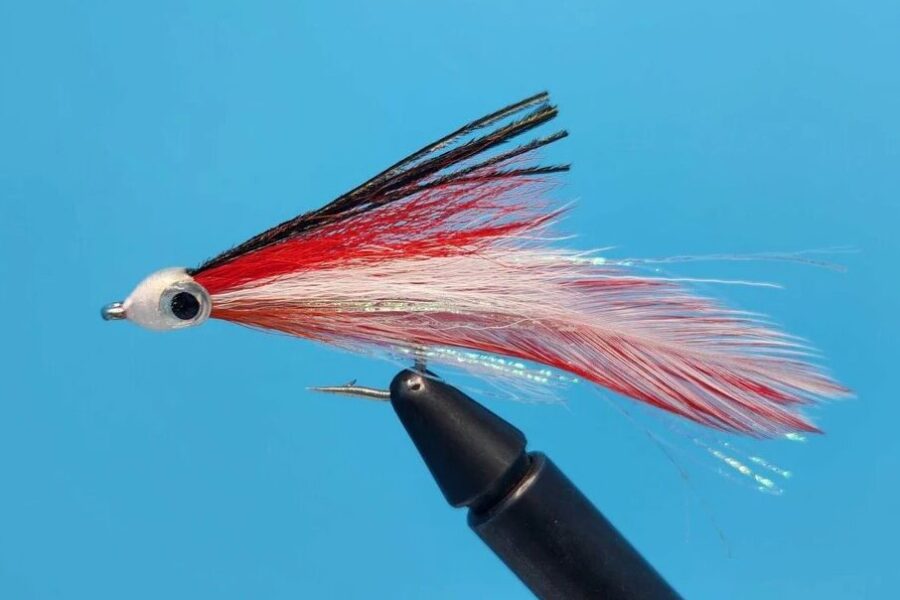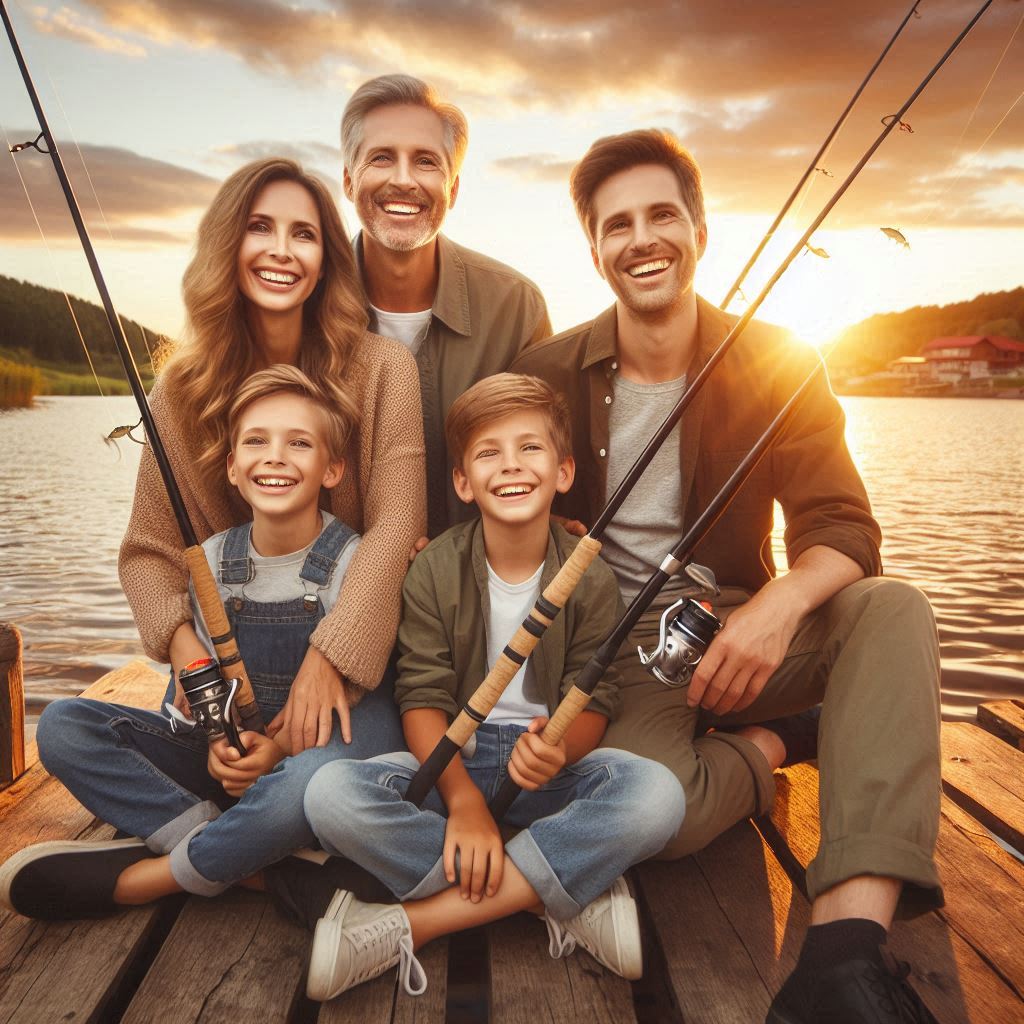The Complete Family Guide to Successful Fishing
Do you just feel crappie when it comes to fishing? Do you tend to flounder when trying to fish? If the fish aren’t worried when you arrive at the lake, you should learn about becoming a better fisherman. Keep reading for proven techniques to help you succeed in hooking lots of trout and other species.
Finding the Perfect Spot
Strategic Location Planning
Fish like shallow waters, and by casting your lure where they congregate, you may yield a lot of bites. Just watch out for weeds! Understanding fish habits and preferred habitats can significantly improve your success rate. Look for structure, cover, and areas where different water depths meet.
Water Safety Essentials
Make sure you are nowhere near the weight capacity of your boat. Always check your boat’s safety equipment before heading out, including life jackets, emergency supplies, and communication devices. Proper weight distribution ensures a safer fishing experience for everyone aboard.
Essential Equipment and Techniques
Core Fishing Tools
When you plan your fishing trip, never forget to take along a sharp knife. This equipment is crucial, and you’ll encounter numerous problems if you forget it. Be sure the fishing knife you purchase has a rust-resistant, reliable blade. Regular maintenance of your equipment ensures reliability when needed.
Specialized Trout Fishing Equipment
For serious trout anglers, choosing the right flies can make the difference between a successful day on the water and going home empty-handed. The types of best trout flies for sale typically fall into several distinct categories, each designed to match different stages of aquatic insects and other prey that trout feed on throughout the year.
Advanced Fly Selection Strategy
Surface patterns prove most effective when trout are actively feeding near the top of the water, particularly during insect hatches. These floating patterns create a realistic silhouette against the sky when viewed from below, triggering strikes from feeding fish. Different sizes and colors match various natural insects throughout the seasons.
Understanding Fish Behavior
Environmental Impact on Fishing
Speaking of seasonal changes, a cloudy sky can make for a good day of fishing. When there is an overcast sky, there is darker water, and fish must work harder to find food. Understanding how weather affects fish behavior can help you plan more successful trips.
Peak Activity Windows
Find out when fish are biting. Most experienced fishermen know that fishing is good at dawn and at dusk. However, this rule does not apply to every type of fish, and some varieties have their own timetables. This is why it is important to understand the specific habits of the species you intend to catch.
Conservation and Responsibility
Sustainable Fishing Practices
Only keep as many fish as you need. While it can make you feel proud to show off a huge collection of fish, there is no reason to waste them. If you have caught more fish than you can eat, it would be responsible to either release them or donate them to someone who could benefit from them.
Environmental Stewardship
Never leave debris in the waters where you are fishing. Trash can damage the beauty of nature and it’s harmful to both plants and fish alike. Practice leave-no-trace principles to preserve fishing spots for future generations.
Advanced Fishing Opportunities
Night Fishing Strategies
Night fishing can provide a great way to change up the norm. You can catch a different range of species than you encounter during your day-time expeditions. Different species become active at night, requiring adjusted techniques and equipment.
Challenging Weather Conditions
An overcast day can provide perfect fishing conditions. Even a little bit of rain can bring good results. If the weather is getting you down, remember that challenging conditions can sometimes lead to exceptional fishing.
Safety and Preparation
Essential Trip Planning
Make sure that you have everything you need before you leave for your fishing trip. Nothing can ruin fishing trips quicker than having to go back for forgotten items. Make sure you take appropriate food, tackle, and outerwear for your fishing trip. Create a checklist to ensure nothing is forgotten.
Health and Safety Measures
It is very important to look out for yourself by keeping hydrated while you fish. Even if you don’t feel thirsty, drink water throughout the day. You could possibly fall out of the boat if dizziness sneaks up due to dehydration. You can prevent accidents by staying properly hydrated.
Now it is time to use all the information you have learned about fishing. These great tips can help you catch a prize-winning fish in no time at all. Remember that continuous learning and adaptation to local conditions are key to becoming a successful angler.

